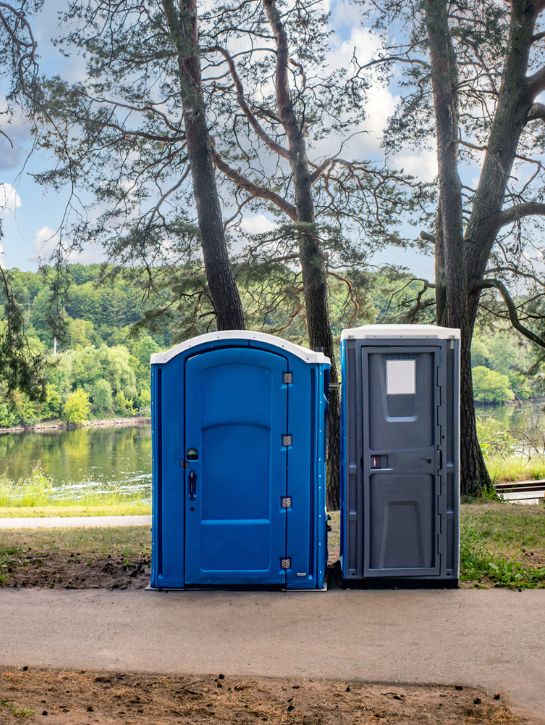
Mar 26, 2024
Protecting the Growing Portable Sanitation MarketSince the beginning of the COVID-19 pandemic last year, industries of all types have had to rethink how they get work done. From moving the corporate office to the home office, changing restaurants to to-go or delivery only, or hosting conference calls over Zoom video meetings, the way we work has been forever altered. But what about job sites, like construction or road work? Workers won’t always adhere to social distancing, and specific COVID-related work measures aren’t followed to the letter. So, what’s happening to keep laborers safe while they continue to work onsite? There has been plenty of speculation around how the Occupational Safety and Health Administration (OSHA) would respond to the pandemic, especially in its standards for the portable sanitation industry that serves worksites. From handwashing to cleaning units to workers’ cleanliness, many wonder how safe the portable sanitation industry is. So far, communications that have come out about this topic have been clear: it’s all about walking a fine line to keep everyone safe and complete business as usual.
For decades, OSHA standards have required portable toilets and handwashing facilities on most job sites where permanent facilities are not available. OSHA aims to inform the public and provide the right direction for applying existing standards under a given outline of conditions. In the current guidance on preparing workplaces where portable sanitation is necessary, OSHA is leaning on its “General Duty Clause.”
The current OSHA standard doesn’t cover things like trash cans, tissues, or hand sanitizer, but the updated guidance for COVID-19 does cover these items because they are an essential part of preventing the virus’s spread. In practice, employers should meet or exceed OSHA’s COVID-19 guidelines. If someone should get sick with the virus, and an employer was not following OSHA’s guidance, the burden would be on the employer to prove that the firm had followed the clause’s requirements. This would open the door to legal ramifications, employee lawsuits, and the need to trigger portable sanitation insurance to provide financial and legal help.
The guidance applies to unusual circumstances. It is possible to ignore those guidelines when the situation that prompted the guidance alters, such as the COVID virus diminishing. As things stand now, the guidance requiring additional handwashing measures and increased cleaning apply only to the pandemic. If the COVID-19 threat lifts suddenly, the guidance could cease to matter. The process for making an OSHA standard is challenging and its recommendations might be altered depending on the threat or condition at hand.
Until now, there has been little to no interest from groups like construction firms, homebuilders’ associations, and construction companies to sign on to higher sanitation standards on job sites. As most portable sanitation companies already know, it has been complex, to say the least, to get some of their clients to adhere to the lower standards that already exist.
It’s hard to say precisely how the portable sanitation industry will look in the long run as a result of the pandemic. There is no doubt that changes have started and been significant since it all began. As an industry, portable sanitation should recognize that whether OSHA standards change or not, job sites’ expectations and needs will never be the same.
Located across the Golden Gate Bridge, just outside of San Francisco, Tangram Insurance Services is a full-service Managing General Underwriter and Program Manager offering specialty programs. We focus on industry-relevant coverage, competitive pricing, and practical business and risk management solutions for your clients. Since we are not all things to all people, we make sure to create outstanding custom-built solutions that matter to those businesses, and the brokers who serve those industries. Contact us at (888) 744-9810.